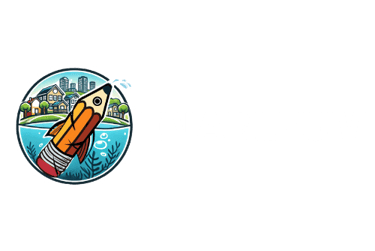Click here visit our Research-supported educational program for children
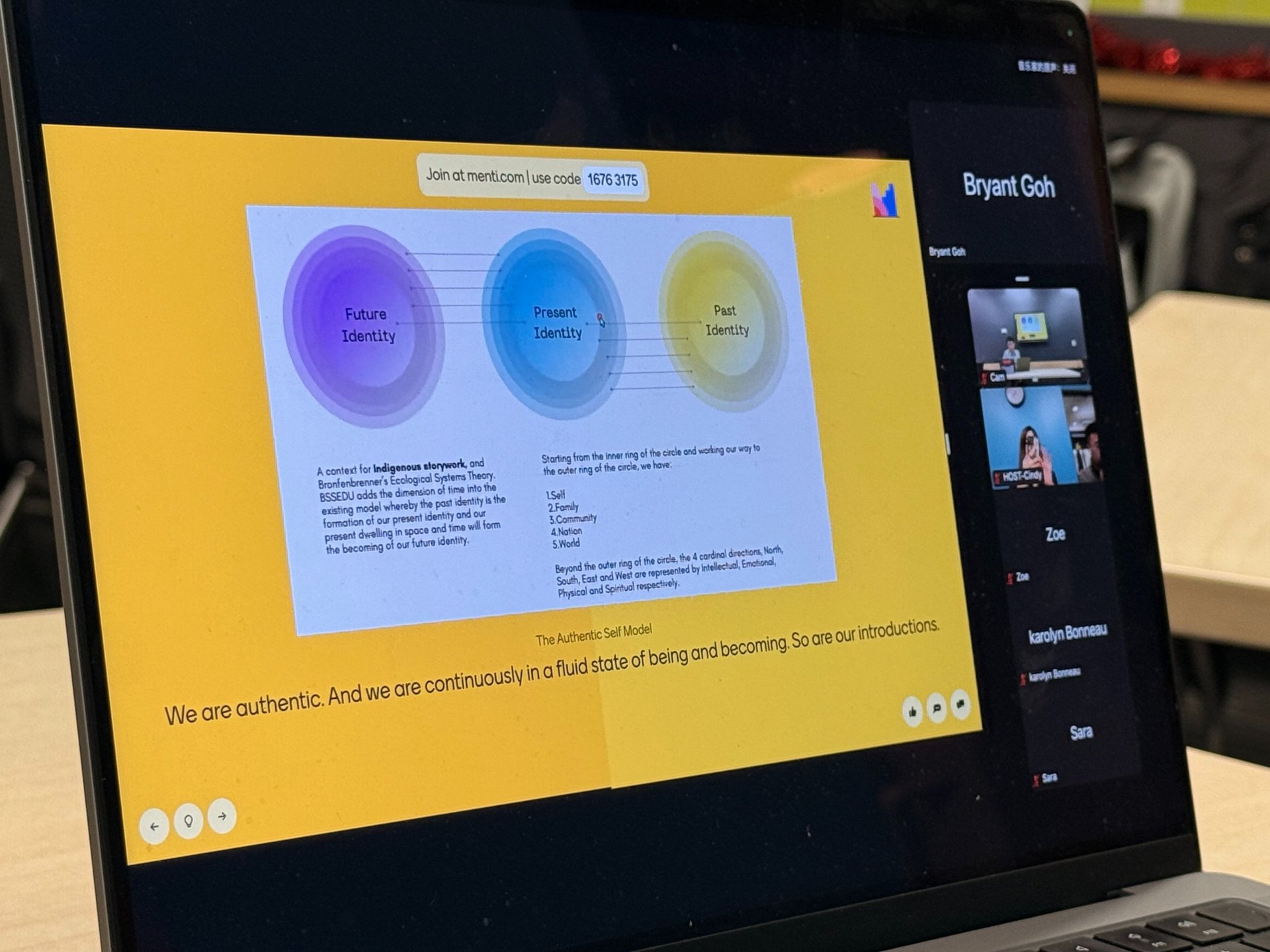
The Authentic Self Model:
Identity, Culture, and Relational Accountability
An advanced, hands-on workshop for student-teachers and community members. We compare Eurocentric, Asian, and Indigenous views of authenticity, then apply Archibald’s holistic self and Bronfenbrenner’s ecological systems. Through guided activities, you’ll map past, present, and future selves, seeing identity as relational, contextual, and continually evolving.
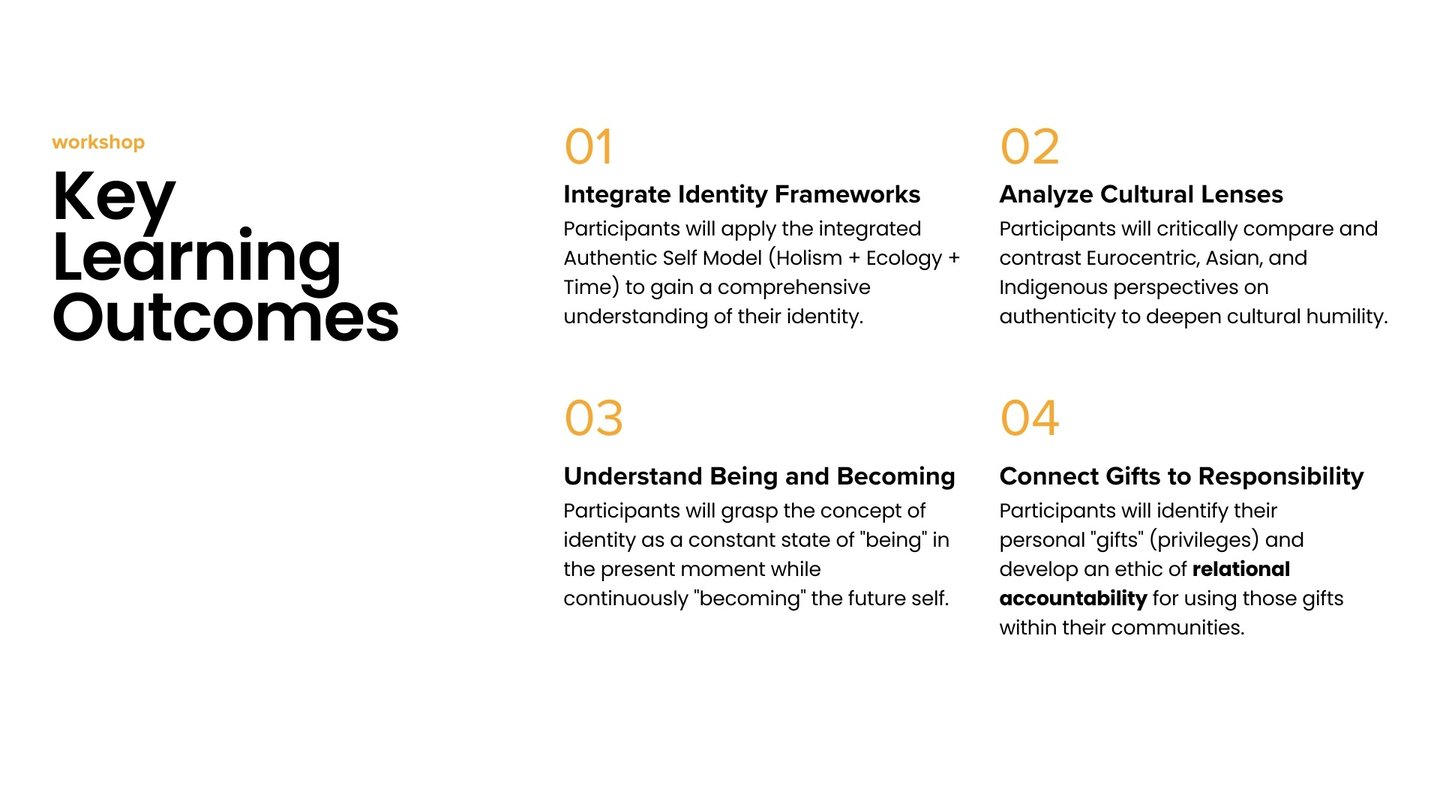

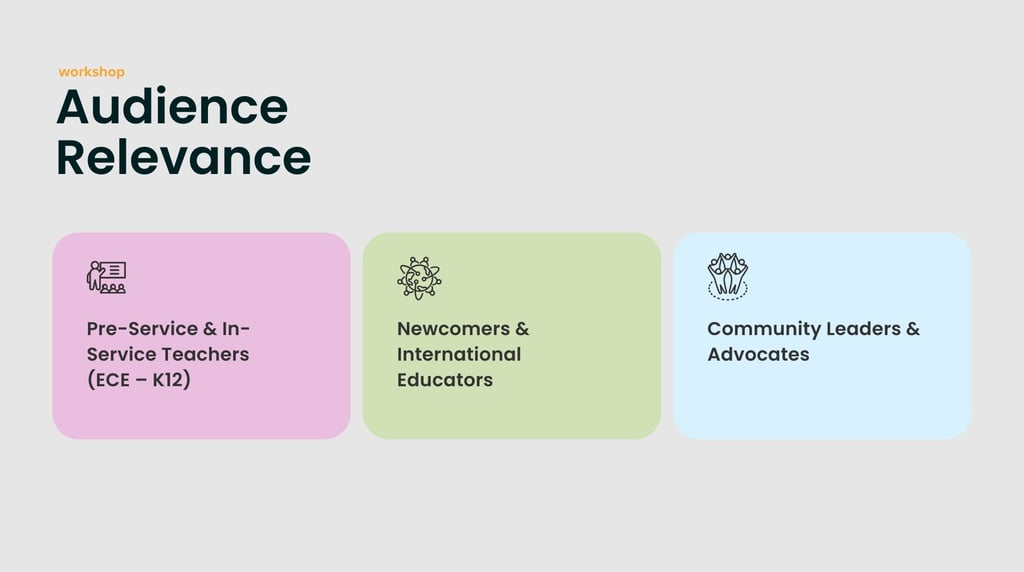

EDI meets TRC
Decentering Eurocentric Epistemology:
The workshop directly challenges the dominant Western philosophical tradition of authenticity by dedicating significant time to Indigenous knowledge systems, particularly Archibald's holism (interrelatedness of mind, body, spirit, and emotion).
Workshop Activity:
Participants will discuss how the concept of the relational self (central to many Indigenous and Asian philosophies) requires a complete paradigm shift from the self-serving individualism often celebrated in colonial contexts. This reframing is essential for genuine reconciliation, as it moves participants toward an understanding of identity based on kinship, land, and shared responsibility.
TRC (Truth and Reconciliation):
EDI (Equity, Diversity, and Inclusion):
Challenging the Monoculture of Authenticity:
By validating diverse cultural authenticity models, the workshop promotes equity. It directly counters the pressure for marginalized individuals to conform to a single, prescribed (often white, male, individualistic) notion of what it means to be "authentic."
Workshop Activity:
The "Gifts" exercise (identifying privileges) is tied to the concept of relational accountability. Participants explore: "How does my authentic self, informed by my privileges, obligate me to act justly and inclusively in my community?" This grounds abstract EDI concepts in the personal responsibility of the authentic self.
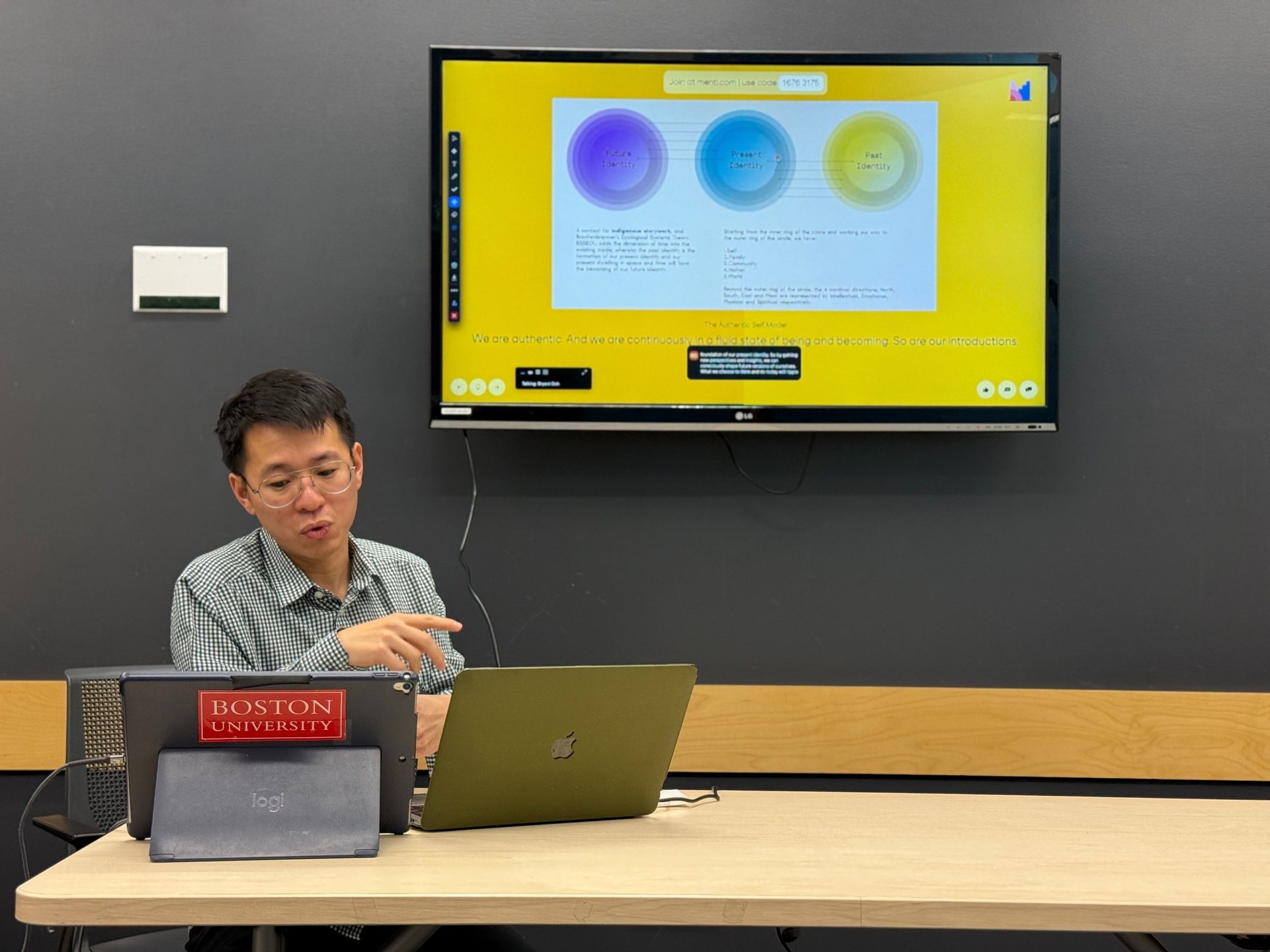
Why it matters
This advanced workshop provides the essential theoretical and cultural literacy required to move beyond performative inclusion.
By understanding the deep cultural and relational dimensions of authenticity, participants are better equipped to challenge systemic inequities and foster communities that honor the full, complex identity of every individual.
Funding ensures that leaders are trained in the nuanced and complex practice of relational authenticity.
